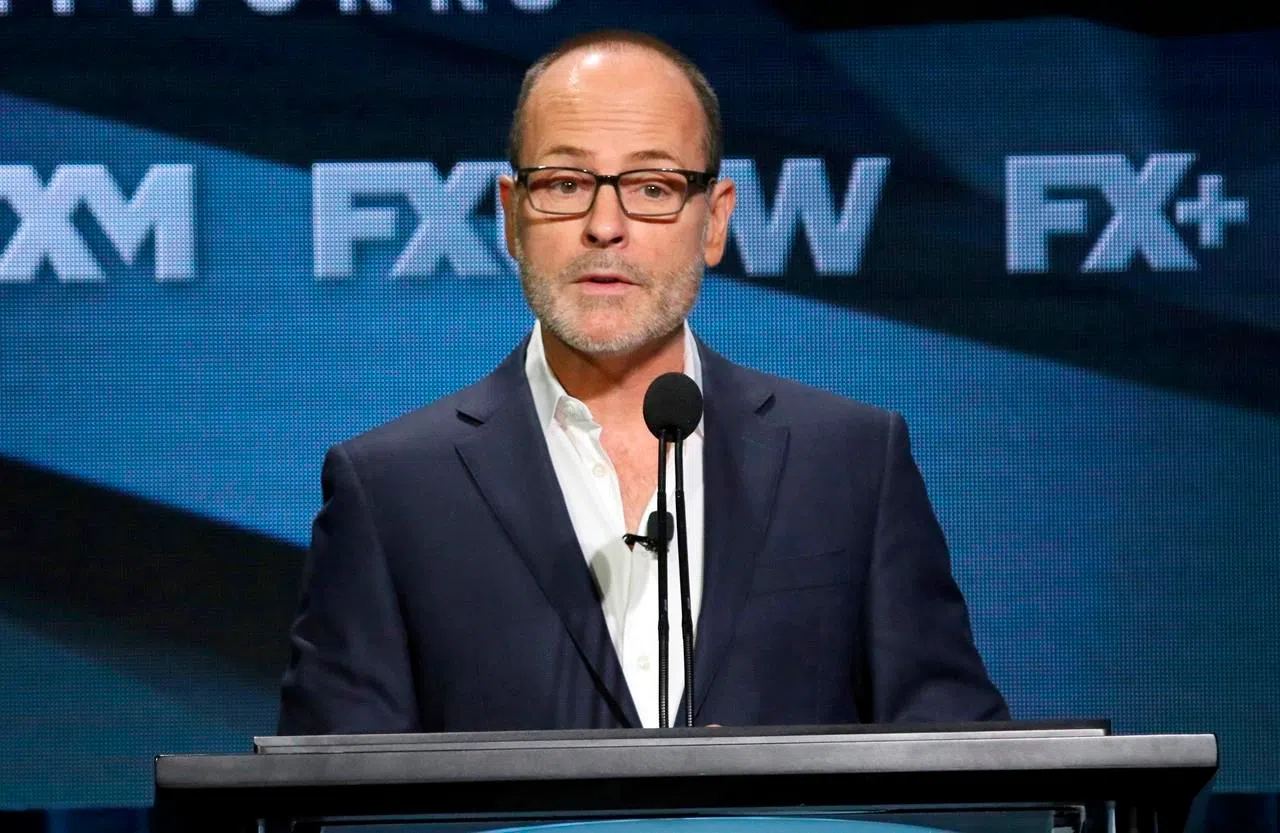
FX chief says Netflix exaggerates viewership numbers
PASADENA, Calif. — Someone is standing up to television’s Goliath, with a prominent competitor saying Monday that Netflix is deceiving the public about what is a hit and what isn’t.
John Landgraf, the FX Networks chief executive who has frequently pointed out the glut of scripted TV, said Netflix is using cloudy measurements to claim increasing dominance among viewers. It’s an approach he said reflects a worrisome Silicon Valley arrogance.
Applying long-used industry standards to Netflix, “their true batting average would be viewed as unimpressive,” Landgraf said.
The streaming service has upended the TV industry with a gusher of programming beyond that of any other outlet. This year, Netflix also realized its goal of earning a best-picture Oscar nomination, for the film “Roma.”


